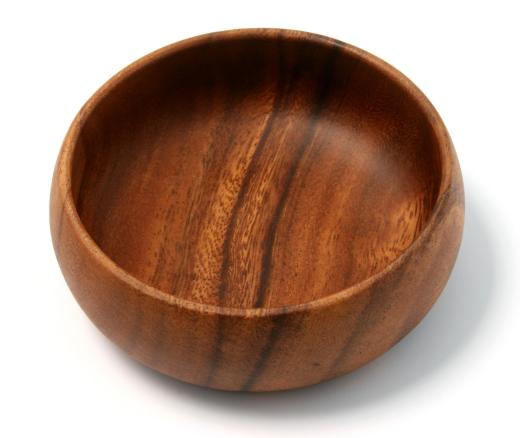A bowl lathe is a machining tool used transform a block of material into a bowl or cylinder shape. Depending on the frequency of use and diameter, this tool can be a very simple or very complex machine. Typically, a bowl lathe is used in woodturning to make decorative bowls or platters of all shapes and sizes from all types of wood. They can be used by hobbyists, in a small-to-medium sized production setting, or in mass production industrial setting. When determining the best bowl lathe to purchase, determine how often the bowl lathe will be used and the skill level by the user.
This tool operates by rotating a block of secured material on a center axis with perfect symmetry. As the block rotates, the bowl lathe uses various abrasive, cutting, and deformation tools to change the shape of the material to produce a bowl or cylinder. When deciding which bowl lathe to purchase, check for three primary elements: rotating speed, cutting depth, and sending speed.

The rotating speed or rotations per minute (RPM) is important and can vary greatly depending on motor size. To get more use out of the bowl lathe, look for one with an adjustable RPM setting which will allow for slower and faster rotations of the block of material. The cutting depth is another factor that is important to produce different bowl shapes and diameters, so you'll want to look for a lathe that is easy to use and adjust. The sending speed determines how fast the block of material is sent past the cutting tool; this is particularly important in larger, commercial style blow lathes. The lathe will require separate tools and attachments to produced different effects, so you may want to consider one with space for storing chisels and other tools.
For hobby purposes, a bowl lathe can often be purchased in a local hardware store; they range in price, and some models can be relatively expensive. Industrial models are typically more complex and thus more expensive, and the price increases and the lathe size increases. It is possible to create your own homemade lathe for much less money than it would cost to buy one, but it can be a complicated undertaking. Bowl lathes can be purchased for less if they are powered by hand rather than electricity.
